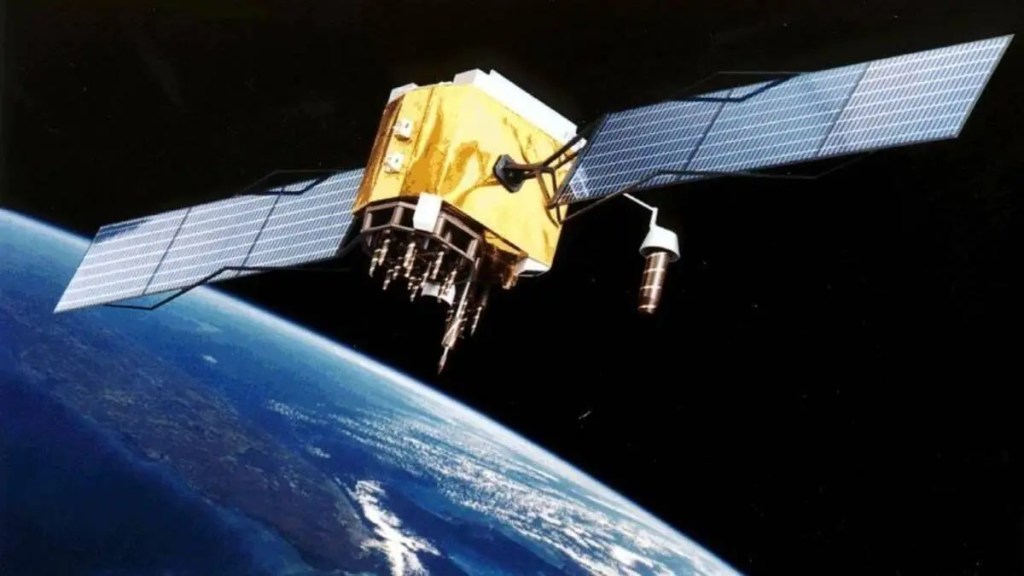As the satellite communication (satcom) segment picks up pace in the country, satellite broadband services provider — Hughes Communications — is eyeing over 50% of the potential Rs 1,500-crore market opportunity in the next two-three years.
The company, which is a joint venture between Bharti Airtel (33% stake) and US-based Hughes Network System (67%), is banking on the enterprises segment with its low-latency, high bandwidth, and congestion free network services using high-throughput satellites (HTS).
“The fact that satellite-broadband services are reliable makes a big difference. It is there as a backup, as an alternative to support machine critical applications, for banking etc, where terrestrial services are still not reliable, and that is not an easy space to crack even with 5G,” Shivaji Chatterjee, executive vice president at Hughes Communications, India, told FE.
Also Read: Satellite spectrum allocation to be via auction: Trai chief
“If an enterprise connection today witnesses network congestion (using terrestrial Internet services), it’s not acceptable because then they have to incur losses at the back-end as well,” he added. One of the factors that puts Hughes in a strong market position is its services distributor agreement with satellite company OneWeb, which is the front-runner in implementing low-earth orbit satellites to provide satellite Internet connectivity. Hughes will use OneWeb’s capacity to provide services to enterprise, government, and meet requirements in the uncovered far-flung areas.
“We will have a demo of the OneWeb system in India in about three months and we will show applications for which satellite broadband will make a difference,” Chatterjee said.
The company has recently shifted from traditional satellite-based model to high-throughput satellite model to provide Internet connectivity as the former was expensive and had limited uses for Internet connectivity.
Through the high-throughput satellites (HTS), the company can now provide high speed internet services to enterprises with multi-megabit bandwidth and low latency requirements. High-throughput satellites (HTS), can now provide Internet services to enterprises with multi-megabit bandwidth requirements with high speeds.
Also Read: Airtel pips Adani in private 5G game, bags key external contract
“Currently, the business focus for Hughes is to upgrade the consumers to HTS and with ISRO’s (Indian Space Research Organisation) upcoming launch of 50 GBPS GSAT, the bandwidth capacity will increase to hundreds of gigabits,” Chatterjee said.
Asked about the business profitability from serving the far-flung areas, Chatterjee said the government should utilise the USOF (universal services obligation fund) to facilitate connectivity using satellites as well just like it is doing for fibre connectivity.
Even after the satellite internet services are rolled out in the country, the affordability for consumers compared to 4G service or fixed broadband, will remain a challenge for companies to tap the retail space.
“The satcom players can go and market their internet services but they will find limited users because still today, 4G is being sold at Rs 10 per GB. So, satellites won’t be able to match the price points,” he said, adding that the services are not for the consumers as they won’t be able to afford a satellite equipment cost of Rs 25,000-30,000.
